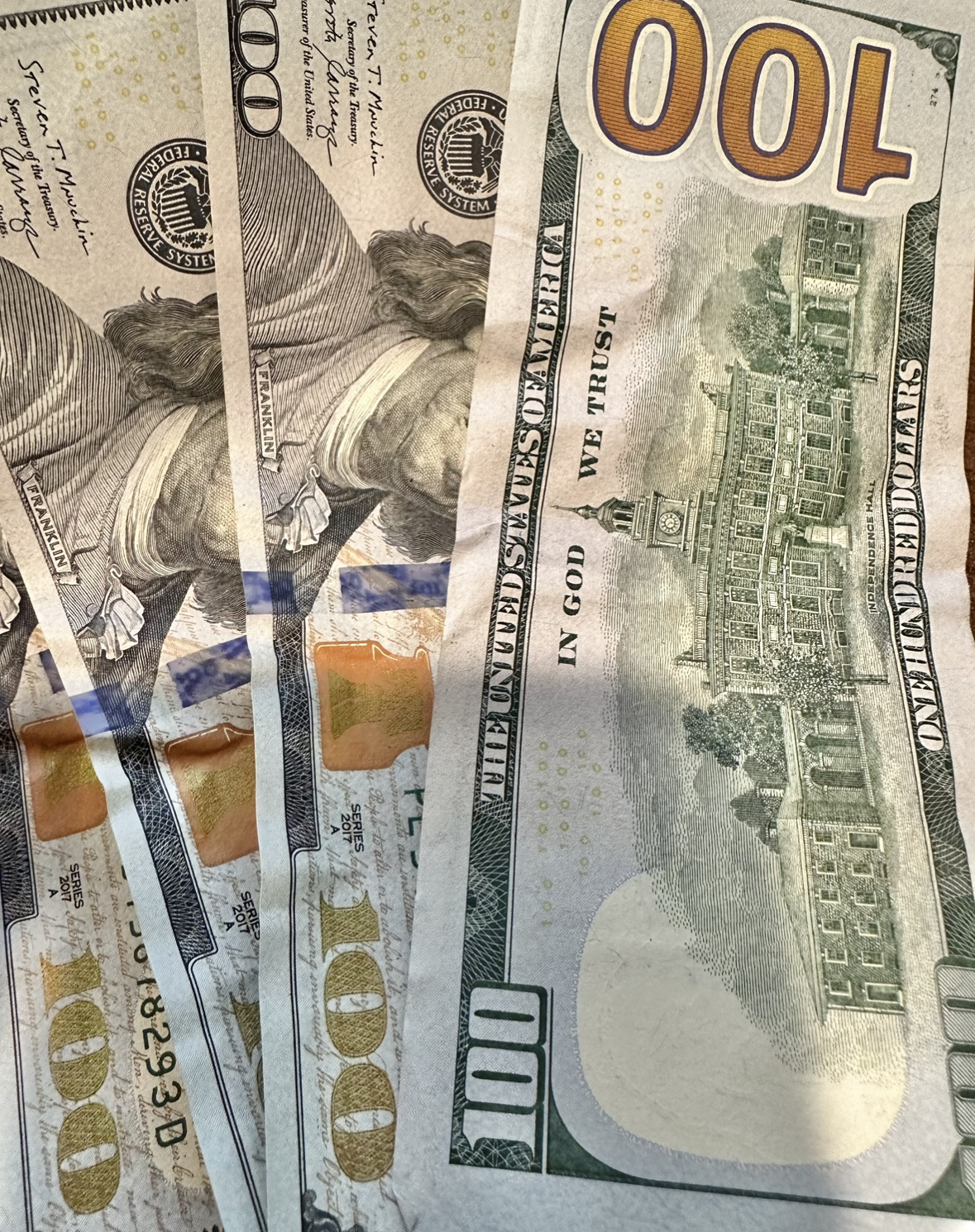
When it comes to purchasing real estate, one of the crucial steps is making a deposit on the contract. This deposit, often referred to as an earnest money deposit, demonstrates the buyer’s commitment to the transaction. However, determining the appropriate amount to put down can be a challenging decision. There are a number of factors to consider when deciding how much deposit to put on a real estate contract.
- Market Norms:
Understanding the local real estate market and the current market conditions is essential. On many contracts, it is customary to provide a percentage or fixed amount as a deposit.
- Seller Expectations:
Consider the expectations of the seller. A higher deposit may be seen as a sign of seriousness and can strengthen your offer. If you’re competing with other buyers, a larger deposit might give you an edge. However, it’s important to strike a balance and not overcommit financially.
- Purchase Price and Financing:
The deposit amount may be influenced by the purchase price of the property. As a general guideline, deposits can range from 1% to 5% of the purchase price, but this can vary. Additionally, if you’re obtaining financing, your lender may have specific requirements regarding the deposit amount.
- Risk Management:
Evaluate the level of risk involved in the transaction. If you’re unsure about the property or the seller’s intentions, a smaller deposit can offer more protection. It provides you with an opportunity to conduct due diligence and potentially exit the contract with minimal financial loss if necessary.
- Contingencies and Contract Terms:
Consider the contingencies and contract terms that protect your interests. These may include inspections, financing contingencies, or other conditions that allow you to cancel the contract and recover your deposit if certain conditions are not met. Understanding these contingencies can help you determine an appropriate deposit amount.
- Personal Liquidity
It’s important to consider that the money you put down on the contract will be tied up during the contract and applied to the purchase price when the sale is complete. Make sure you have the available funds at the time of the offer. If you need to transfer money or sell investments, you should factor that into your decision as well.
Determining the right deposit amount for a real estate contract requires careful consideration of various factors. Local market practices, seller expectations, purchase price, financing requirements, risk management, and contract terms all play a role in this decision. By researching, seeking advice from professionals such as myself, and weighing the specific circumstances of your situation, you can make an informed choice that aligns with your needs and mitigates potential risks. Remember, it’s a delicate balancing act between showing commitment and protecting your financial interests.
If you have any questions about how much of a deposit you should put on a contract or you need help buying or selling real estate in Massachusetts or New Hampshire, please do not hesitate to contact Joe Ready via email joe@readyre.com or cell phone 978-884-6972.


 Facebook
Facebook
 X
X
 Pinterest
Pinterest
 Copy Link
Copy Link

